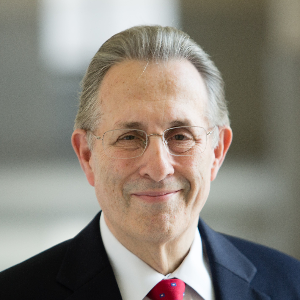
Earl Anthony Wayne
Earl Anthony Wayne is currently teaching as a Distinguished Diplomat in Residence and Professorial Lecturer at American University's School of International Service. Wayne is a former Assistant Secretary of State for Economic and Business Affairs, a former U.S. ambassador to Mexico and to Argentina and a former Deputy Ambassador in Afghanistan. He left the U.S. diplomatic corps with the rank of Career Ambassador after 40 years of service. Wayne is co-chair of the Mexico program at the Inter-American Dialogue, and is a Senior Non-Resident Adviser at the Center for Strategic and International Studies and at the Atlantic Council. He serves on the board of the Public Diplomacy Council of America. He is a member of American Academy of Diplomacy and participates in other international affairs organizations. Wayne was Co-Chair of the Mexico Institute at the Wilson Center until the Institute closed in 2025. Wayne speaks, writes and consults on a range of international and management topics.